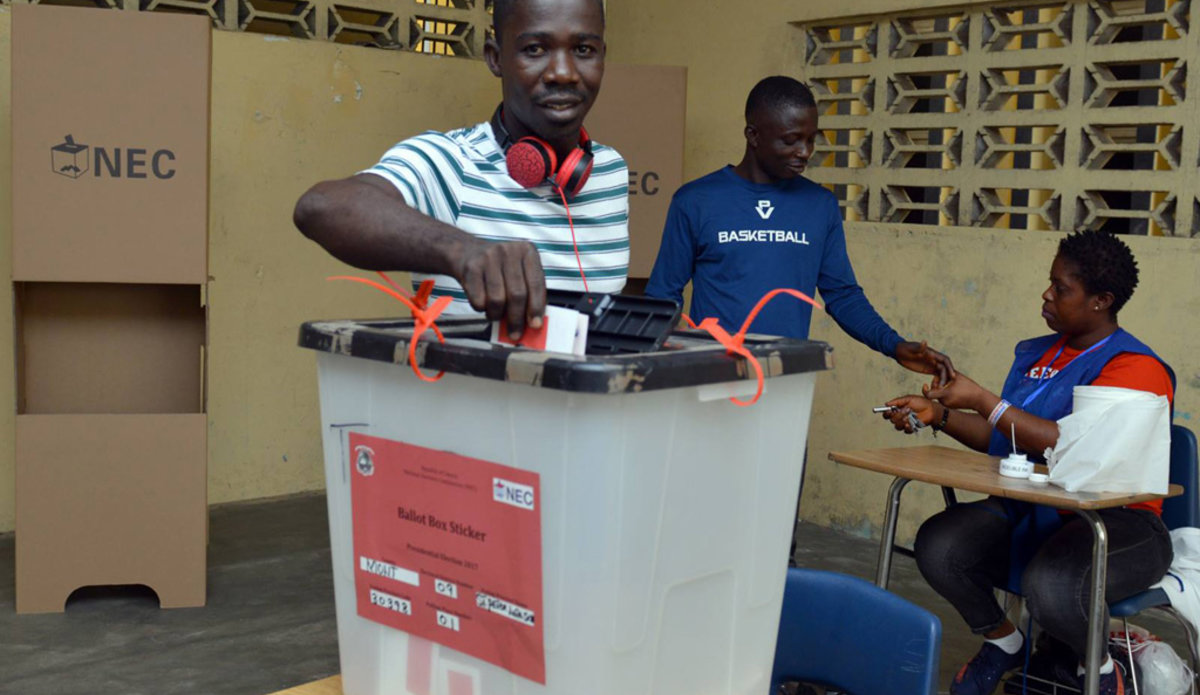As insecurity is spiking across the country with reports of terrorism, kidnapping, banditry and other manifestations of premeditated violence against the state by non-state actors, questions are being asked by Nigerians on the relevance of security votes allocated to state officials to tackle such incidents.
The use of security votes by the government dates back to the late 1960s during the Gowon military administration. Consideration was given to the need by the military government, which replaced the first civilian government, to provide some stipends to displaced former civilian officials and some notable citizens in the regions. Over the years the scope of security vote was expanded to include a wider network of government officials in line with constitutional reforms and the security responsibilities of the offices they occupied.
Thus, security votes became a monthly allowance earmarked and allocated to the president, governors, local government chairmen and other categories of state officials for the purpose of funding security activities and services to manage situations that have security implications bordering on well-being of citizens within defined jurisdictions. In essence, security votes are slush funds kept in readiness to specifically facilitate security operations covering logistics, mobilisation, transportation and fuelling, operational allowances and sundry activities required to tackle security situations that occur from time to time. In such situations, those given the custody and mandate of the votes like governors are expected to utilise the funds without necessarily accounting for the expenditure but on the understanding that such security threats are resolved as quickly as possible.
The allowance and expenditure on security vary from state to state depending on nature and scope of security incidents and frequency. Over the past few decades, the rise in the incidences of insecurity has led to a corresponding spike in security votes, especially in states that have become prone to various security challenges. Thus, security votes have also grown to a significant financial level in the governance process.
5 die in Anambra boat accident
6 weeks after, police in search of Ogun accountant’s killers
In a 2021 report carried by BusinessDay newspaper, governors and local government chairmen have been collecting not less than N375 billion annually as security votes since 2018. But despite this humongous sum, it is observed that security incidents all over the states and local governments in the country have increased rather than abate.
In this regard, a disturbing trend has emerged whereby security votes have ironically become conduit for more insecurity and corruption. This much was corroborated by a 2018 study by a non-governmental, anti-corruption watchdog, Transparency International, on security votes and insecurity. Titled “Camouflaged Cash: How ’Security Votes’ Fuel Corruption’’ and compiled from information obtained in 29 states, the report estimates that a total of N208 billion was received as ‘security votes’ annually for governors, while each of the 774 local government councils collected N20 million.
The report further stated that security votes are “budgetary black boxes that are ripe for use by politicians seeking re-election or officials looking to run for political offices. It is also a mechanism for covering electoral expenses – including unsanctioned ones like hiring political thugs….’’
If we are looking for reasons why despite the huge amounts earmarked as security votes, they have not yielded the desired results in the country, we need not look beyond the revelations contained in these studies. And it is clear from these revelations that there is an urgent need to review the issue of security votes in the country earnestly.
Such a review should necessarily be anchored on a value for money perspective. And here the question should be: have the huge sums expended over the years on security votes yielded the desired outcomes? We should also ask whether it is appropriate to continue to make security vote expenditure unaccountable in view of the fact that nothing tangible in terms of security has been achieved. By placing such huge sums of money in the hands of chief executives without accountability in the name of tackling insecurity, are we not incentivising insecurity or encouraging the same corruption and activities we are supposed to be fighting in the first place?
Daily Trust, therefore, calls for a thorough review of the entire security voting process. If security votes are not to be discontinued altogether, an option should in fact be on the table, including that our extant laws must be amended to demand accountability for them. The period and circumstances that warranted blanket votes without any accountability have gone. In the present situation of rising insecurity, it is only fair and proper to demand that governors and others give account of their application of security votes to citizens.

 Join Daily Trust WhatsApp Community For Quick Access To News and Happenings Around You.
Join Daily Trust WhatsApp Community For Quick Access To News and Happenings Around You.


